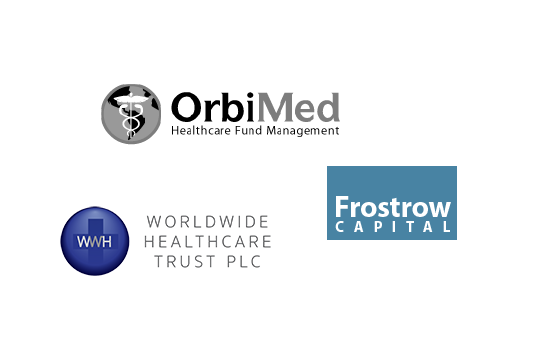WWH’s hedging of Merck-BMS data comp backfires
Worldwide Healthcare Trust’s (WWH) apparent attempt to hedge its bet on the outcome of the three trials of anti-pd(L)-1 checkpoint inhibitors in first-line treatment of non-small cell lung cancer that were reported simultaneously yesterday appears to have backfired, after the stock market determined the data justified an asymmetric response. The trust held large stakes in two of the three main companies involved and, in view of the share price changes since Monday, on balance it will have seen an NAV decline on those holdings since the data disclosures.
The study details are very complicated and what drove stock price changes was the effect of a cross-trial comparison on how this market will divide up, relative to prior expectations. In the end, Merck & Co was determined by the stock market to be the winner – and Bristol-Myers Squibb (BMS) the loser – but the latter was punished more than the former was rewarded. Merck’s shares have since risen by 4.5% on the news, adding over $4bn to its market cap, whereas BMS’s stock has fallen by over 10%, wiping some $8bn from its value. Shares in Roche, the third company involved in this unprecedented three-way data reveal, were effectively unchanged.
Earlier this year, OrbiMed-managed Worldwide Healthcare took large stakes in both Merck and BMS ahead of this well-flagged readout, one seemingly designed to hedge the other. The former was the trust’s largest single holding, while the latter its fifth, accounting for 4% and 3.2% of NAV respectively. WWH was also the only one of the sector specialist vehicles to have risked exposure to this particular data event. And despite being considered one of the most sophisticated investment managers in biotech, OrbiMed seems to have misjudged the outcome. This, in turn, highlights the risks of investing in the sector, and, counter-intuitively, underlines the fact that collective vehicles are probably the only suitable vehicles for most investors to play in the highly volatile biotech/pharma space.
Merck’s Keynote-189 study of Keytruda plus chemotherapy against chemo alone, showed the addition of the checkpoint inhibitor reduced the risk of death by 51% in all patients and by 41% in those who are PD-L1 negative, and respond least well to its agent. This strengthens Merck’s already strong commercial position in NSCLC. BMS reported a 21% reduction in the risk of death for its IO-IO combination of Opdivo plus Yervoy in a sub-group of patients with high tumour mutation burden in its Checkmate-227 trial. Roche’s Impower-150 study showed an 22% suirvival advantage for the triple combination of Tecentriq, Avastin and chemo, but again it looks likely to be sidelined in this indication by Keytruda.
First line (or “1L”) treatment (initial treatment given after diagnosis) of NSCLC that was addressed in all three studies is considered to be the most important prize in oncology. Given the large number of individuals who are affected by the cancer, it is the most valuable commercially and is probably worth as much as the next three most prevalent cancer types combined.
WWH’s hedging of Merck-BMS data comp backfires
